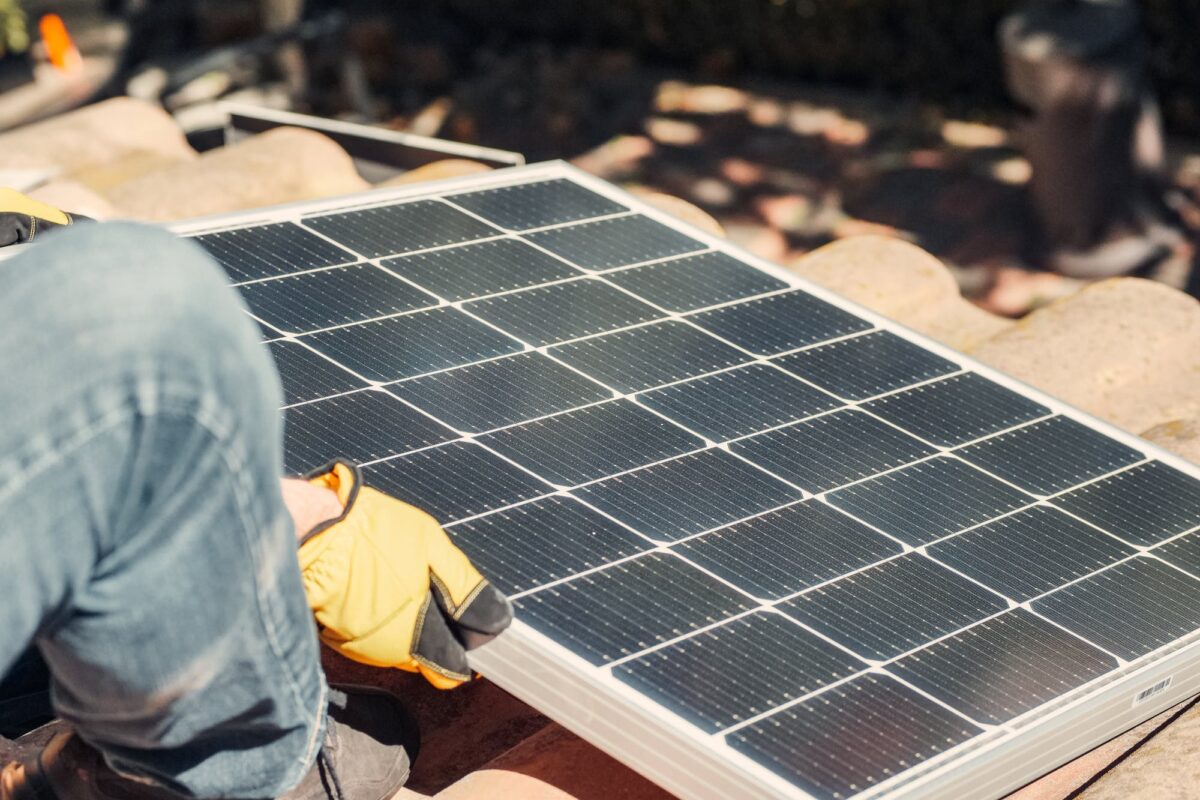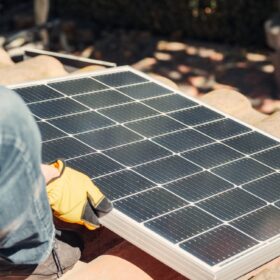Vivint Solar is planning to offer LG Chem RESU batteries with its solar power installations. Among the nation’s three largest residential solar companies, they are playing a bit of catch up to Tesla and Sunrun, who have been long working with energy storage.
LG Chem offers a family of energy storage products – including the RESU residential unit, a shipping container ancillary service unit, cells for laptops and phones, battery modules and the racks that hold those for UPS purposes, and automotive also. A nice PDF defines some of the technical specifications – including the residential data below.
The energy storage systems come in 7.0 and 9.8 kilowatt-hour (kWh) flavors, with 6.6 and 9.3 kWh usable energy portions, as well as the larger RESU10H. Vivint projects that 60% or more of the unit’s capacity will still be available after ten years.

The average U.S. household consumes 30 kWh of electricity per day.
Vivint has seen its total volume of PV installed trend downward for multiple years, however, its revenue has grown as it moves towards greater profitability. The company’s decline in installations mirrors that of the residential lease industry, which peaked at more than 70% of the overall home solar power market, but has fallen to less than half of total watts deployed.

The lease companies diversification has started with slowly growing installed volume but with revenue increasing greatly. More than 50% of Vivint’s revenue has come from outside of the lease model two quarters in a row now, even while lease volume was 83% of installations. Of course, those leases will pay for 20 years – whereas installations pay once and done.
A good question to ask though is, when is Vivint Solar no longer a lease company, but simply a residential solar installer?
Energy storage is in very high demand, with some analysis suggest 74% of residential solar customers are interested in the product. As such, it seems this would be a great opportunity for Vivint to grow total revenue per project. However, it is unclear how many customers will pay for these systems upfront versus leasing relatively expensive solar plus storage systems.
Vivint has launched the RESU product in California first. This makes business sense as the state has required that all new residential solar customers change to a time of use rate under Net Metering 2.0, which has incentivized a shift in when these customers generate and consume electricity.
This content is protected by copyright and may not be reused. If you want to cooperate with us and would like to reuse some of our content, please contact: editors@pv-magazine.com.








This companies installs are down because they are criminals who have victimized thousands of customers across the US, ruining peoples lives. Destroying properties, illegall liens, over billing, non working systems after a year, burned off roofs, and even some have lost homes. Go to Vivintvictims@yahoo.com
I get your stress Roxanna – the solar lease model has added complexity to your job. We have covered this on pv magazine as well – https://pv-magazine-usa.com/2018/03/09/vivint-sued-by-new-mexico-over-sales-practices/. But I think its more complex than Vivint ruining lives and being criminals…I’d argue they’re a business aggressively going after a new market in a changing marketplace. And people really enjoyed their free solar power. Vivint probably need re-negotiate some of these contracts in light of evolutions in the pricing of electricity. SO yeah, some issues – and you as a real estate broker have to deal with this on the front lines, with your wallet being affected. I get it.
My next door neighbor had Vivent install solar on his house in November. It still isn’t turned on. Based on this I would be looking elsewhere if I was getting solar.